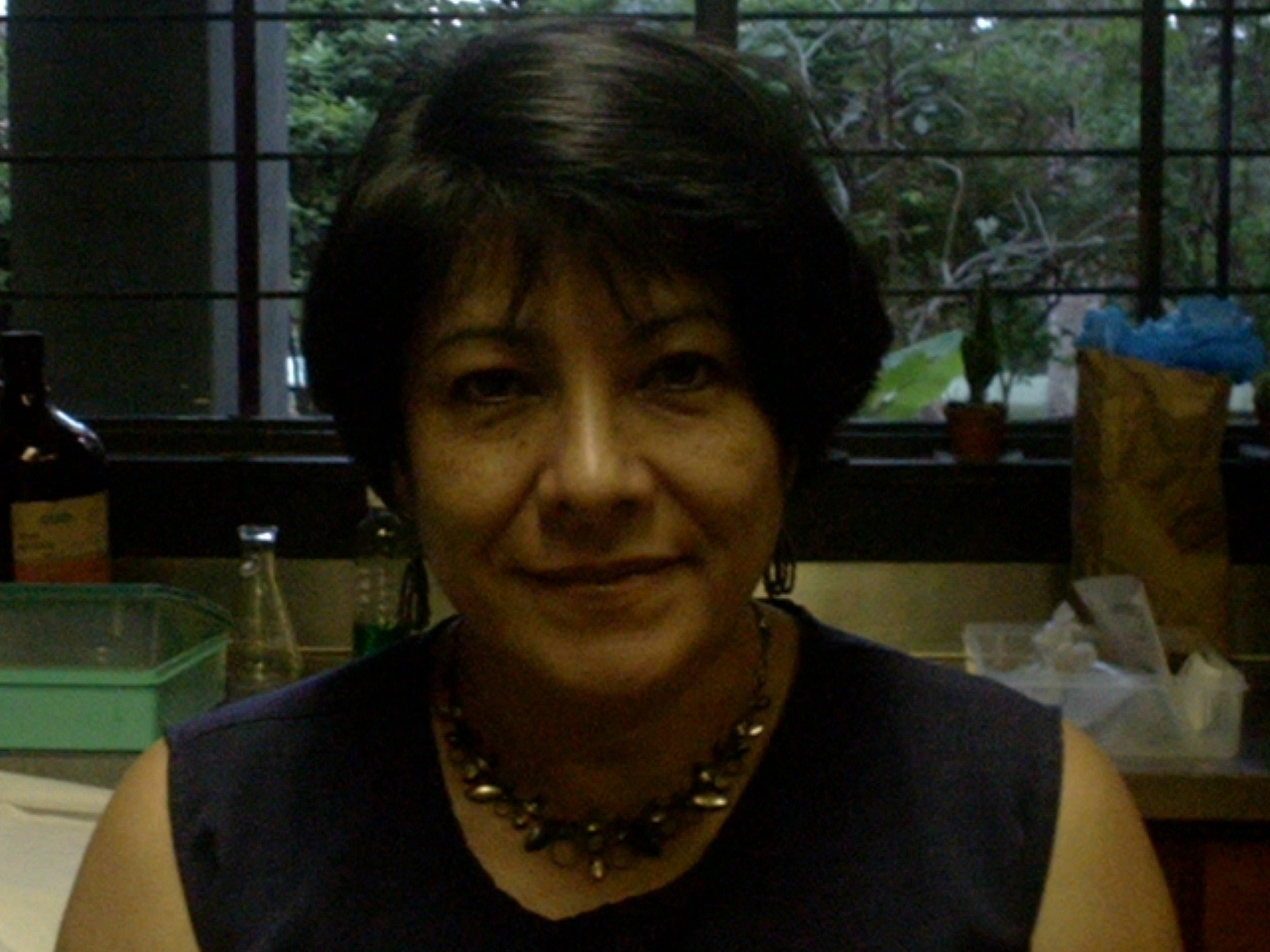|
| Biography |
| |
 MARTA VALDEZ - MELARA
MARTA VALDEZ - MELARA
D. Sc. : Université de Paris VI, France. M.Sc. :University of Costa Rica.
Postdoctorate in Plant Biotechnology Laboratory for Plant Genetic Improvement, Université Paris Sud, Orsay, France.
Distinctions:
Fellowship of the European Union. Postdoctoral research in Plant Biotechnology. Laboratory for Plant Genetic Improvement, Université Paris, Sud (Paris XI), Orsay, France, 1986-1989.
Distinguished with several Scholarships: “Clive and Glenys James Biotechnology” Foundation, UNESCO/BETCEN and the BIOLAC Program from the University of the United Nations (UNU), and Postdoctoral stays in prestigious International Research Centers.
Expertise and interests
Full-time Professor. Courses taught: Introduction to Biotechnology, In vitro Culture of Plant Tissues, Transgenic Cultures and Biosafety, Biodiversity and Biotechnology, Seminars of Agribiotechnology, University of Costa Rica.
2001 to 2006: Coordinator of the Institutional Commission of Biotechnology of the University of Costa Rica, and Representative of the University of Costa Rica for the National Biotechnology Commission, Ministry of Science and Technology, Costa Rica
From march 2006 to present: Director of project for creation of the National Center for Biotechnological Innovations. Collaborative project European Union- Costa Rica.
Development of plant transformation systems by biolistics and realization of the molecular analysis of the transgenic crops generated.
|
| |
|
|
| |
| Abstract |
| |
|
“Transgenic crops in Costa Rica: comprehensive studies involving social, economic and biosafety issues” |
|
|
|
“Transgenic crops in Costa Rica: comprehensive studies involving social, economic and biosafety issues”
Costa Rica has made strategic decisions to develop agricultural biotechnology tools by supporting research in public universities since 1990, leading to crop improvement by genetic engineering at the University of Costa Rica (UCR) and to the presence of local and international biotech companies which breed GM cotton and soya seeds for export. This has created hundreds of jobs for agricultural workers, mainly women supporting families, with investments of more than US$3.5 million per company. One of the more important strengths of the country is the scientific capacity, infrastructure resources, number of projects and researchers in the agribiotech and applied sciences, which also includes capacity in basic molecular biology and a good scientific background in biology and ecology, which facilitates biodiversity knowledge and use. Transgenic projects at the UCR are based on locally developed methods and protocols at the laboratory and field level. Another strength is the good international collaboration. However, the country has no capacity in bioinformatics for data mining from genome sequencing of major crops.
Although, in the last decades, Costa Rica has allocated an important portion of its national budget to education and health, the effects of globalization and international economic policies has lead to the increase of social and economic differences that will affect the capacity of the country to deal with complex issues related to agbiotech. The expense of certifying laboratories to comply with the best laboratory practices for biosafety regulation, food safety and labeling, as well as complying with the Cartagena Protocol and bringing products from public research to the market place, are beyond the capacity of current national budgets. Consequently, the country would have to prepare itself with innovative ideas to deal with this challenge. |
|
| |
|